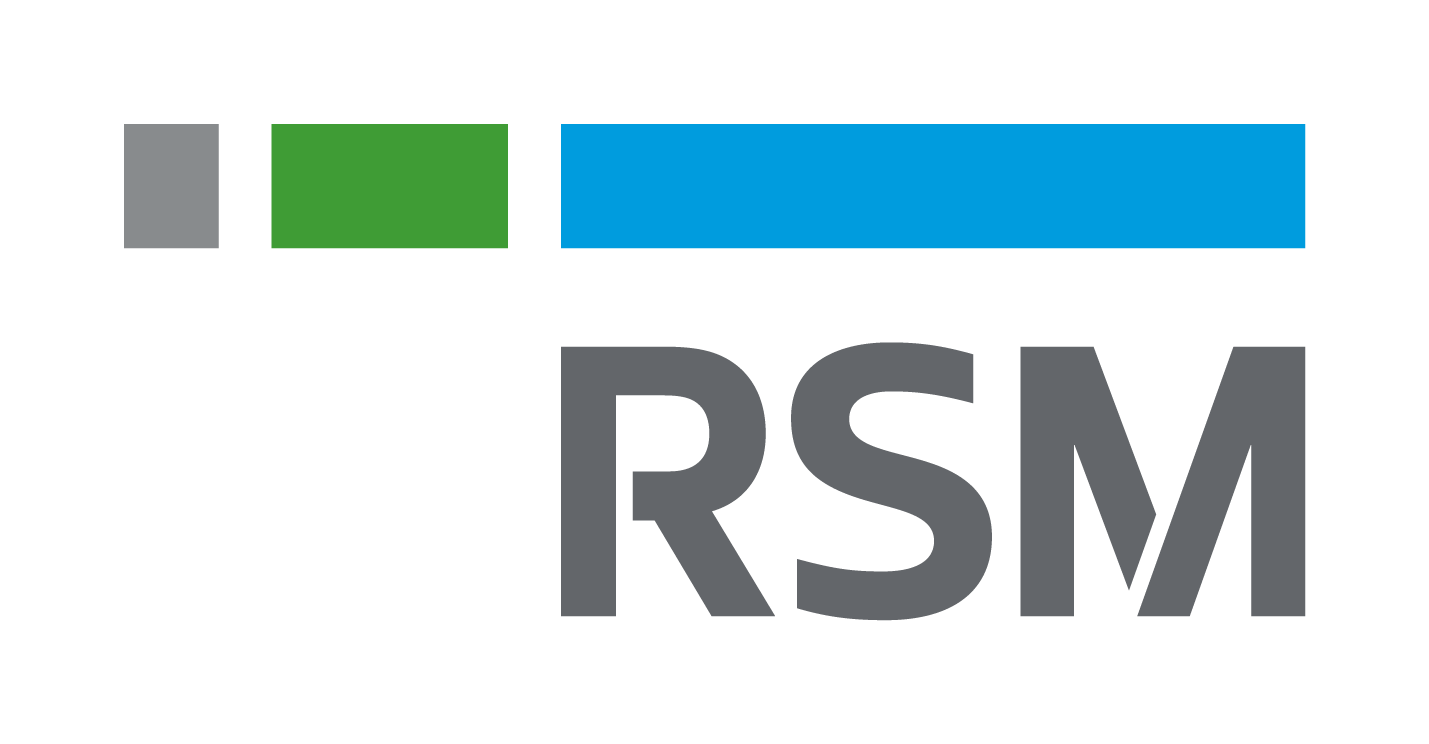Insights into the Disparities between “Foreign-Affiliated Companies and Japanese-Affiliated Companies,” Valuable for Foreign Enterprises Entering the Japanese Market.
July 20, 2023
This section provides insights into the disparities between “foreign-affiliated companies and Japanese-affiliated companies,” valuable for foreign enterprises entering the Japanese market.
Distinctions between Foreign-Affiliated and Japanese-Affiliated Companies
Foreign-affiliated companies are often considered suitable for individuals with strong ambition due to their less restrictive work environment compared to Japanese companies. Within foreign-affiliated companies, your innovative approaches and individuality are acknowledged by superiors as long as they yield desired outcomes. Below, we explore key differentiators frequently cited between foreign-affiliated and Japanese-affiliated companies.
Payment Structure: Annual vs Monthly
In Japan, most companies employ a monthly “base salary” as the core component of remuneration, complemented by variable bonuses. While economic hardships might lead to reductions, a certain level of income is typically assured each month.
Conversely, foreign-affiliated companies often adopt an annual salary approach. Yearly compensation is usually negotiated with supervisors and then divided into monthly payments. There is basically no sudden change in salary amount or loss of bonus in the middle of the year.
Fiscal Year-End: December vs March
Japanese corporations generally align their fiscal year with April to March, partly influenced by public organizations. In contrast, foreign-affiliated companies often observe a January to December fiscal year. While December fiscal year-ends were initially foreign-oriented, a rising number of Japanese companies now adopt this structure due to internationalization trends.
Meritocracy: Performance-Driven Advancement
Japanese companies frequently promote employees based on seniority, with those hired earliest progressing first. Conversely, foreign-affiliated firms emphasize meritocracy. Rapid promotions are awarded based on competence, irrespective of age or gender. Adept young professionals can hold higher positions than older colleagues, and mid-career hires are assessed primarily on skills.
Labor Unions: Presence and Role
Japanese companies, especially long-established ones, typically house labor unions safeguarding employee interests. The labor union monitors the company to ensure that no unfair labor practices are forced upon the employees. In some companies, the labor union negotiates with the company to determine salary increases and bonuses. In contrast, most foreign-affiliated companies lack labor unions, putting the onus on employees to advocate for themselves. Salary increments are based on individual performance after consultations with supervisors.
Stability vs. Advancement
Japanese-affiliated companies offer a relatively stable employment landscape, allowing employees to conform to the organizational ethos. However, foreign-affiliated companies require proactive self-presentation for annual job security and advancement. While diligent efforts can lead to enhanced salaries and career progress, stability might be slightly compromised, illustrating a dual aspect scenario.







